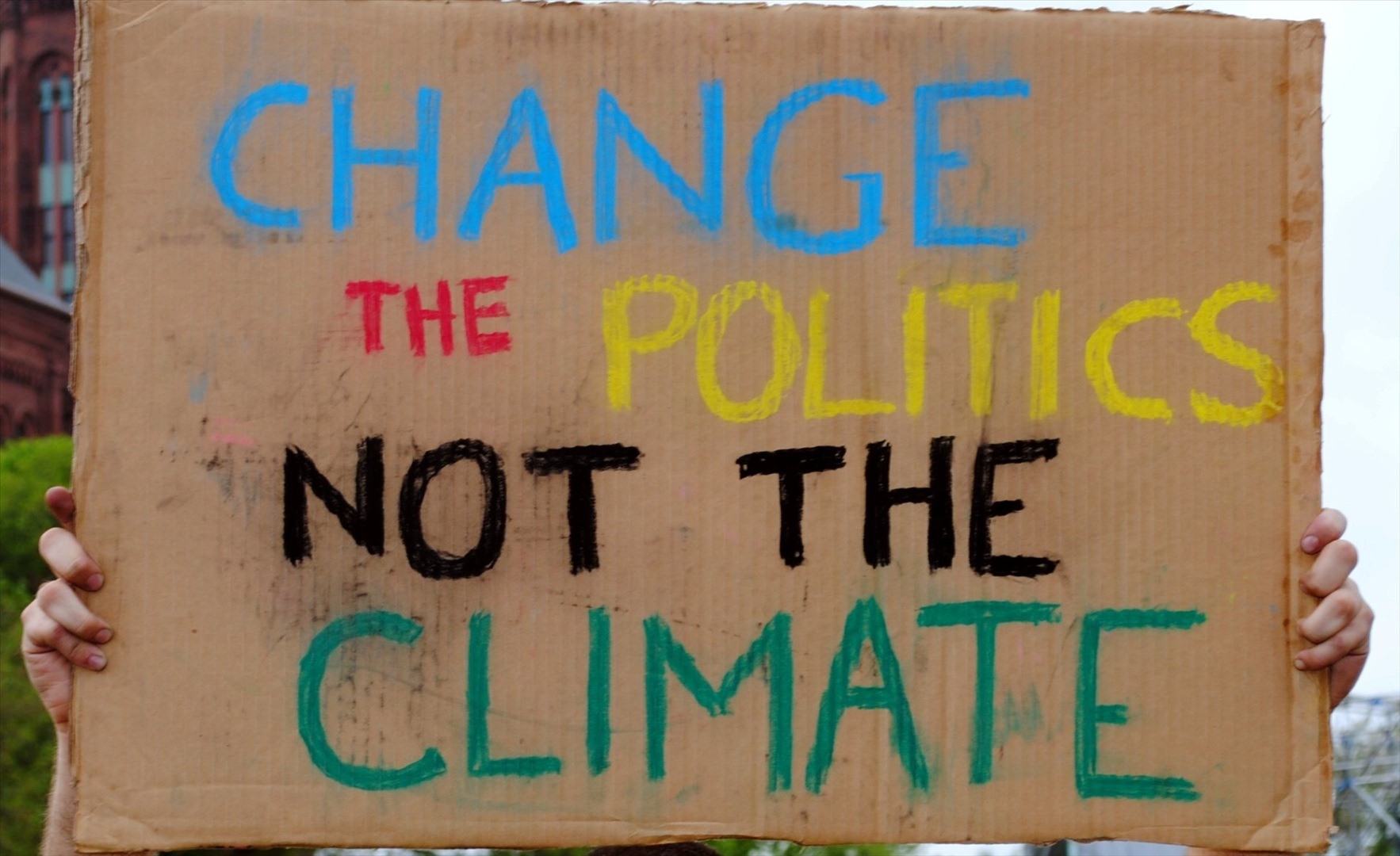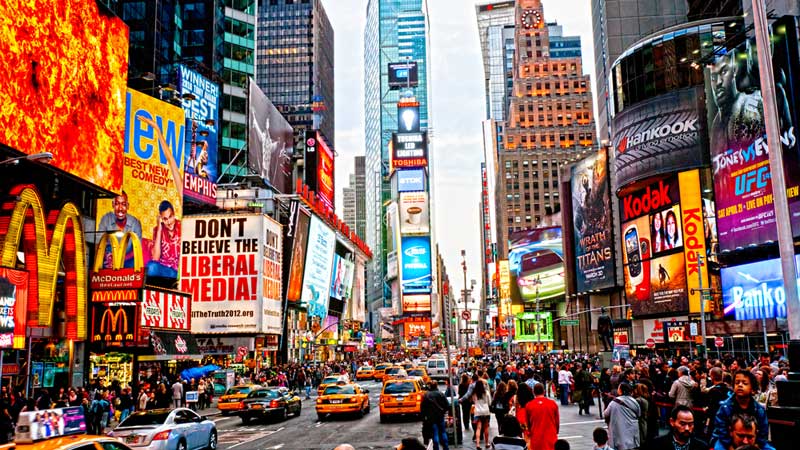As a teenager watching television,
10 years ago, I decided I wanted to dedicate my life to sustainability because
of a single campaign advertised on MTv. Since 2012, I have been working in this
sector from various aspects before returning to study Climate Change in hope of
answering the last pieces to my puzzle. Over the last few months I have
investigated the barriers society has faced in the pursuit of a green future. I
was eager to learn what had been tried and tested, what was successful, what
was in progress and what potential barriers still existed to a green movement
and ultimately future. I noted the significance of climate change within this
pursuit, quoting the 2007
IPCC report in stating that “[climate change] is part of the
larger challenge of sustainable development. As a result, climate policies can
be more effective when consistently embedded within broader strategies designed
to make national and regional development paths more sustainable”.
Climate Contingency
Conflicts for a green future
Thursday 5 January 2017
Saturday 31 December 2016
Our part in a different world
It has been said
that “sustainability is an ideology, a way of thinking, a way of life. It is
not an end product; it is a vision”. There is no denying our progress toward
sustainable development. Yes, there are areas that need to be re-evaluated but
they are far from what they once were. The quest for sustainability is not one
just for conservationists, 'tree huggers', climate change believers or
activists, it is a quest for all of us to maintain the quality of life we so
flippantly enjoy now. If you have not yet grasped what a green future means,
the following video epitomises this vision and the barriers that have
conflicted this movement. In an essence, it is somewhat of a summary of my blog
to date.
My next post will continue to summarise this blog in bringing it to a close. I aim to explain the links between the conflicts discussed here and draw conclusions on whether these barriers towards a green future, having prevented us from achieving sustainability thus far, will continue to hinder our development and prevent us from achieving sustainability in our future.
Saturday 24 December 2016
Sustainable vs renewable
The last two weeks I have focused on the
key elements to a sustainable future:our ability to sustain our needs and our wild areas and the misconceptions of perceived
sustainable practices within them. The last requirement to attaining a smooth
transition to a green future, is maintaining our current quality of life. I
would like to discuss some of the developments that are playing a major role in
sustainability and whether they will truly embrace the concept. Here I focus on
renewable energies.
Undoubtedly one of the biggest obstacles to a green future is our willingness to consume less, many believe that decreased consumption negatively affects quality of life. This needs to change if we are to achieve and sustain a good quality of life for 8.5 billion people but until such a time, green technologies have allowed us to remain on this path which we excuse because they have less health and environmental impacts than previous technology. But how sustainable are they? Lets consider the top traditional renewables; solar, wind and hydroelectric power.
Labels:
action,
barriers,
change,
climate change,
climate sceptic,
consequences,
development,
economics,
environment,
hydro,
hydroelectric,
perceptions,
preservation,
public opinion,
renewable energy,
renewables,
solar,
wind
Wednesday 21 December 2016
Turning a blind eye
Renewable energies have been praised as the
primary basis upon which sustainability rests. For most of us keen to do our
part in helping to save the planet, we willingly embrace them, but should we be
so naive? Later this week I will critique the three traditional renewable
energies namely solar, wind and hydroelectic energies in upholding the
foundations of sustainability in our goal to maintain our current and future
quality of life. The below cartoon lends a bit of insight into this area!
Saturday 17 December 2016
Is it conservation?
I once heard 'an error does not become a
mistake until you choose to correct it'. The vision for sustainability is not
without mistakes and sometimes our progress turns out to be merely that of
motion as we learn more about our environment. Last week’s blog discussed how policy and corporate
giants undermine our efforts to sustainably satisfy our needs, in the form of
organic farming. Here I would like to draw similar parallels to our efforts in
sustainable conservation with respect to ecotourism.
 |
| Environmental damage by safari vehicles has been found to be cause of the very environment it is trying to preserve. |
Saturday 10 December 2016
Fools gold
In the last few weeks I have outlined the
causes of limited progress towards a green future as a result of individual perception, economic and political barriers. The recent momentum of
sustainable development having overcome these barriers, is however what most
climate optimists are hanging on to to stay within our environmental threshold.
This optimism is entirely based on the idea that our perception of clean
energies and sustainable developments are as environmentally sound as one is
lead to believe. But are they? At the heart sustainability comes our need for
food production and organic farming has recently been targeted.
An article published last week in New Scientist claimed that those wishing to care for the planet should refrain from supporting organic food production. It's predominant reasoning for slating the farming system was based on the argument that organic farming is less productive per hectare and thus more responsible for GHG emissions. In addition it boasts that if you care about GHG emissions then GM foods are the way forward. Looking towards a sustainable future, if this accusation was true, it would be a worrying dilemma. The article was accompanied by the below video summary.
An article published last week in New Scientist claimed that those wishing to care for the planet should refrain from supporting organic food production. It's predominant reasoning for slating the farming system was based on the argument that organic farming is less productive per hectare and thus more responsible for GHG emissions. In addition it boasts that if you care about GHG emissions then GM foods are the way forward. Looking towards a sustainable future, if this accusation was true, it would be a worrying dilemma. The article was accompanied by the below video summary.
Saturday 3 December 2016
Political shifts
Climate change is pre-eminently a political project. The behaviour of humans under the influence of politics is irrefutably fundamental in discussing why it has taken over 20 years to call for climate action through sustainable development with other barriers including public perceptions and economics.

Subscribe to:
Posts (Atom)


